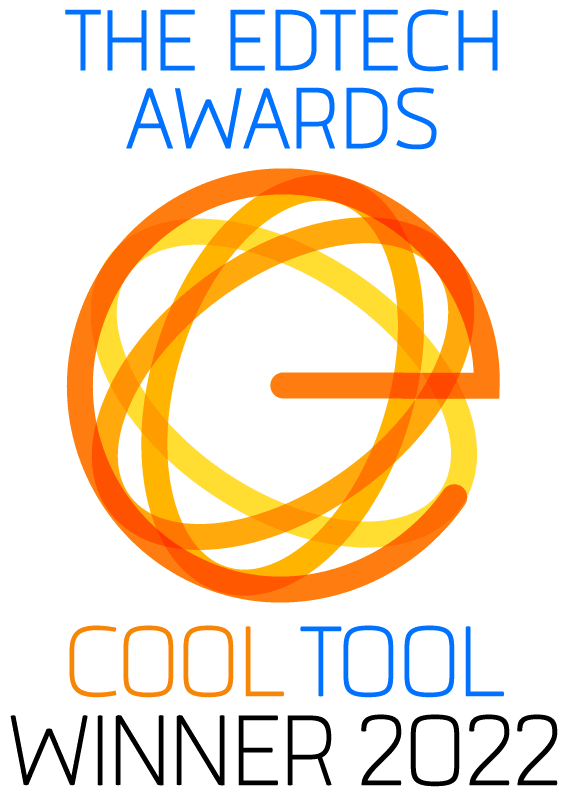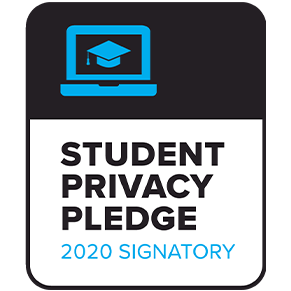The Common Core State Standards
The DBQ Project DBQs and MiniQs integrate skills with content in history. Historical content is embedded in a pedagogy which we now call The DBQ Method that helps students learn to think and write. As a result, our lessons address most all of the common core standards in reading, writing, speaking and listening, and several standards in language. The DBQ Method helps students read with understanding, think straight, and write clearly about history.
L=Language standard RH=Reading History standard WHST=writing history standard SL=Speaking and Listening standard
The DBQ Project MethodTM
The Hook—Engages the student
Common Core Standards addressed:
- Apply and use a range of academic and history specific words and phrases that can be applied in reading, writing, speaking and listening.(L6)
- Delineation and evaluation of argument in a given text/document (RH8)
- Prepare and participate in a range of conversations and collaborations. (SL 1a, 1b, 1c, 1d)
Background Essay-Building Context Efficiently
Common Core Standards Addressed:
- Broaden students’ range of experience with informational texts. (RH10)
- Close reading of informational texts (RH1)
- Interpretation of words and phrases as they are used in the text (RH4)
Clarifying the Question and Pre-Bucketing
Common Core Standards Addressed:
- Making Inferences (RH3)
- Determining central themes within and among sources (RH2)
- Integrate and evaluate information (SL2)
- Adapt speech to a variety of contexts and communicative tasks (SL6)
Document Analysis
Common Core Standards Addressed:
- Close reading of texts. Cite specific textual evidence to support analysis of primary and secondary sources (RH1)
- Summarizing (RH2)
- Making Inferences (RH3)
- Interpretation of words and phrases and how they are used in the text (RH4)
- Analysis of structure of texts (RH5)
- Analysis of point of view (RH6)
- Evaluation of content presented in diverse formats (RH7)
- Delineation and evaluation of argument in a given text/document (RH8)
- Broaden students’ range of experience with informational texts (RH10)
- Prepare and participate in a range of conversations and collaborations with diverse partners, building others’ ideas and expressing their own clearly and persuasively
- Present information such that listeners can follow the line of reasoning. (SL4)
- Adapt speech to a variety contexts and communicative tasks. (SL6)
Thrash Out
Common Core Standards Addressed:
- Cite specific textual evidence to support analysis of primary and secondary sources. (RH1)
- Make inferences. (RH3)
- Determine central themes within and among sources (RH2)
- Analysis of how and why (RH3)
- Analysis of point of view (RH6)
- Evaluation and integration of content presented in diverse formats (RH7)
- Integrate Sources: address how two or more texts address similar themes or topics (RH10)
Post Bucketing
Common Core Standards Addressed:
- Determining Central themes within and among sources (RH2)
- Analysis of how and why (RH3)
- Evaluation and Integration of Content in diverse formats (RH7)
- Integrate sources: address how two or more texts address similar themes or topics. (RH10)
- Integrate and Evaluate information (SL2)
- Learning appropriate citation protocol (WHST8)
Writing
Common Core Standards Addressed:
- Write arguments to support claims in an analysis of substantive topics or texts using valid reasoning and relevant and sufficient evidence. (WHST 1a, 1b,1c,1d,1e and 9)
- Write informative and explanatory texts to examine and convey complex ideas clearly and accurately. (WHST 2a, 2b,2c,2d,2e).
- Produce clear and coherent writing (WHST4)
- Develop and strengthen writing (planning, editing, rewriting) WHST5)
- Research: models focused questions that help students learn to narrow a broad topic. Analysis of types of sources in DBQs models the variety and scope of information necessary to research a topic thoroughly enough to understand it (WHST 7 and 8)
- Avoiding plagiarism (WHST 8)
- Learning appropriate citation protocol (WHST8)
- Range of writing: extended and shorter (one sitting or 1-2 days) Length of DBQs allows different kinds of practice (WHST 10)



